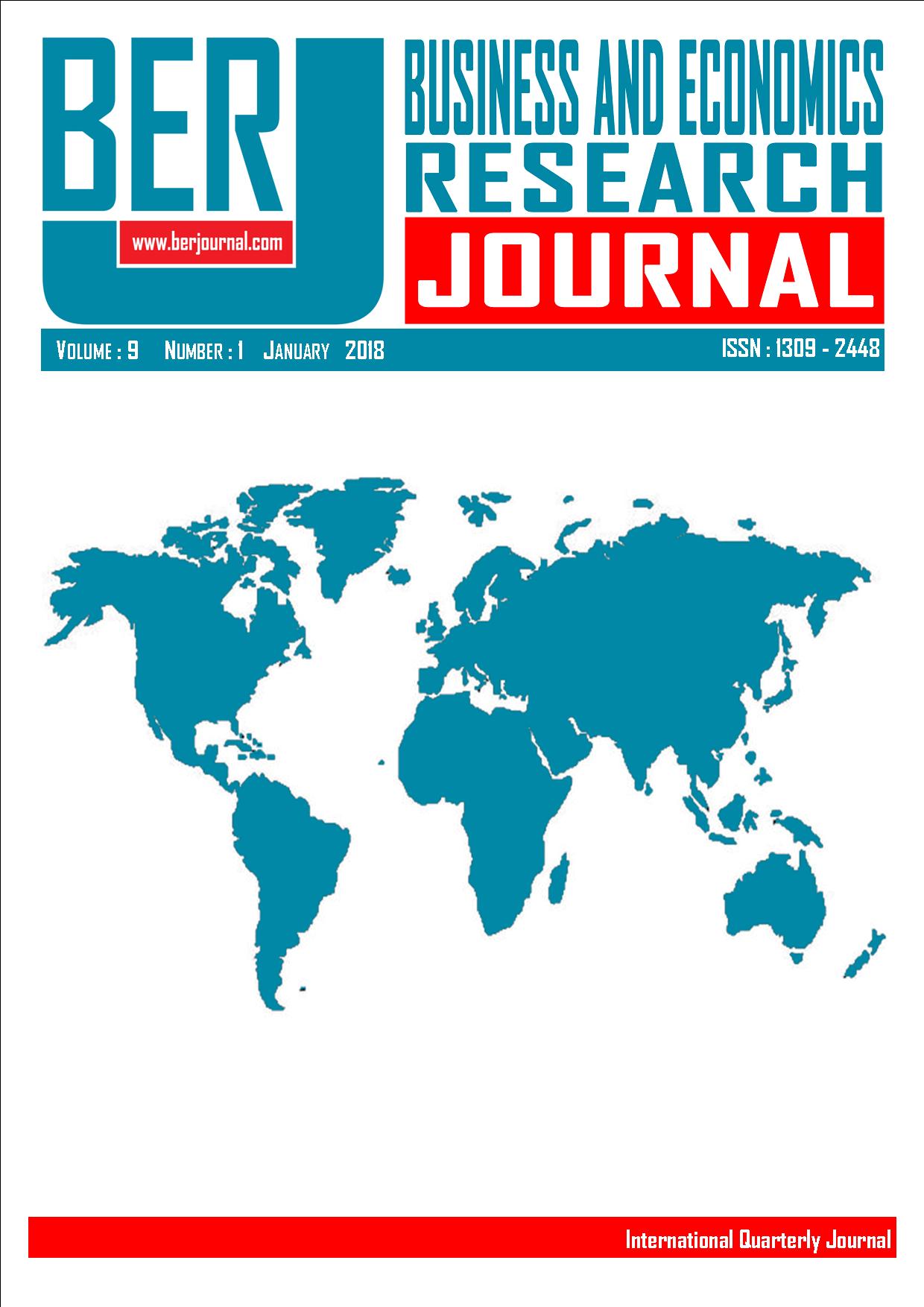Impact of Foreign Direct Investment on Human Development Index in Nigeria
Impact of Foreign Direct Investment on Human Development Index in Nigeria
Author(s): Korhan K. Gökmenoğlu, Martins Olugbenga Apinran, Nigar TaşpınarSubject(s): Economy
Published by: Adem Anbar
Keywords: Foreign direct investment; Human development index; Cointegration; Toda-Yamamoto; Nigeria;
Summary/Abstract: Economic growth is a necessary condition for human progress, but not sufficient in itself to guarantee it; therefore, other dimensions and determinants of human development must be investigated by researchers. This paper explores the impact of foreign direct investment (FDI) on the human development index (HDI) in Nigeria for the period of 1972–2013. Johansen cointegration test results reveal a long-term relationship between FDI and human development indices (e.g., school enrollment, life expectancy at birth, and gross national income). Toda-Yamamoto test results show long-run bidirectional causality between FDI and life expectancy at birth. There is also unidirectional causality from FDI to gross national income. These results indicate that FDI has a significant impact on the HDI in Nigeria during the sample period. The striking message our empirical findings conveys is that the effect of FDI on the HDI is a complicated issue, so to obtain optimum results policy-makers should be aware of and take into account the pros and cons of FDI inflows on several aspects of human development.
Journal: Business and Economics Research Journal
- Issue Year: 9/2018
- Issue No: 1
- Page Range: 1-13
- Page Count: 13
- Language: English

